Our Community Summit 2024 has now concluded the live component. Due to popular demand, we have extended our ticket sales to allow those who missed out on attending live to access the content recordings!
If you’ve missed out on attending our 2024 Community Summit live but would still like to access the content recordings, we’ve extended our ticket sales until Tuesday 11th June, 5pm AEST.
Grab your last minute ticket now to get access to:
Join Reframing Autism for our 2024 Community Summit which offers a unique blend of keynote presentations, moderated panel discussions, facilitated community peer discussion groups (using Zoom) and an online discussion forum all delivered in a virtual format spanning a two-week duration.
Our Autistic-led summit will explore the themes of Identity, Sensory Experiences, and Wellbeing, as well as offering two bonus days of content focused on Autistic Elders and Meaningful Work. We aspire to bring the Autistic community together in a supportive space where everyone can listen, learn, reflect, and connect in a nurturing and inclusive environment.
Our Community Summit will feature:
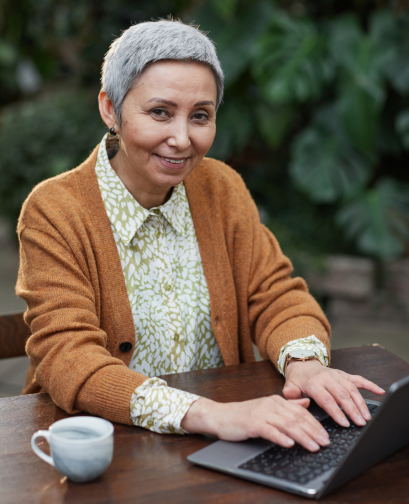
Conducted across five days in a two-week period, each day will have a specific theme and will feature a keynote presentation and panel discussion, and the first three days will also feature peer discussion groups (using Zoom) with an online discussion forum accessible throughout the entire duration.
Each day will commence with a keynote presentation, hosted by a professional expert in their respective field. Our dynamic presenters will share their knowledge and expertise and will be accessible to answer your questions (either live or via text-based means afterwards) on their topic.
From there, a panel discussion will build further on the theme of the day. Our diverse panellists will contribute their personal insights and perspectives, creating a knowledge sharing experience.
The first 3 days of the event will conclude with exclusive Peer Group Discussions, allowing you to connect and discuss the day’s theme with other members of your community. You can indicate your preferred selection during registration to ensure the chance to connect with peers and engage in discussions about the day’s sessions.
As an additional bonus for Autistic attendees who run their own businesses, or are interested in doing so, there will also be an exclusive peer group discussion on the Meaningful Work Day.
Throughout our Community Summit, an online discussion forum platform will be available for everyone to gather, chat, and share experiences. Some facilitation will be provided at designated times.
Our broad spectrum of content and delivery approaches will encourage interaction and engagement tailored to your preferences. Learn and connect at your own pace, accessing an array of diverse resources.

Days will follow these timings:
Note – all times are in AEST (Australian Eastern Standard Time). If there are large number of registrations, the Peer Discussion Groups may be split between two times.

All prices are in AUD and include GST.
Supported by the Australian Government Department of Social Services. This funding is only able to be used to support attendees who live in Australia.
Your honesty in choosing the appropriate price structure is valued.
For those experiencing financial hardship, or from a group or identity who face additional barriers to attending an event such as this, a limited number of free tickets may be available. These are limited to Autistics and parents and primary caregivers of Autistic people who live in Australia only. If this is you, please fill in this form with your details to be considered for our ballot.
*This is an individual rate only, please email us to ask about group discounts. CPD hours will be based on the number of keynote and eligible panel sessions attended and will not apply to peer discussion groups.

Our keynote presentations and panel discussions will be provided with Auslan interpretation and captions. These sessions will be recorded, and access provided for viewing at your convenience.
Our peer discussion groups will not be recorded; however, summary notes will be made available afterwards for those who attended.
The online discussion forum platform is screen reader accessible, and you can adjust your text size and colour to suit your needs.
All content will exclusively be available until 30 June 2024 for registrants, who will have access to the recordings until 30 September 2024.
The Community Summit will be delivered in a virtual online format only. Information on how to access and further details will be provided before the summit start date.
You can register for our Community Summit here.
If you have any more questions or require further assistance, please contact learning@reframingautism.org.au and we’ll get back to you as soon as possible (noting that our team only work part time so responses may sometimes take a few days).
If you have any more questions or require further assistance, please contact learning@reframingautism.org.au and we’ll get back to you as soon as possible.
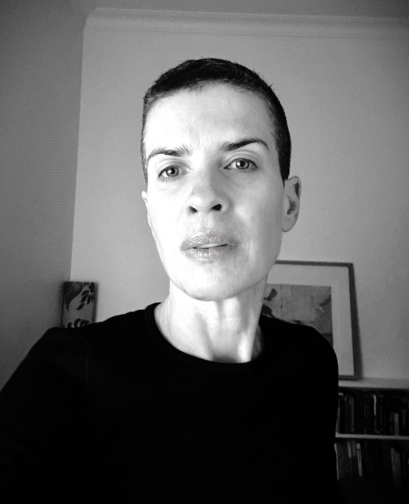
Dr Alexandra Johnston (PhD) is an Autistic postdoctoral Autism researcher with Reframing Autism and the Autism Centre of Excellence, Griffith University. Alexandra is also an award-winning educator with 25 years’ experience in the areas of early childhood and applied positive psychology. Alexandra is a member of the Australasian Society for Autism Research (ASfAR) and a board member with Inclusive Rainbow Voices, where her specific expertise in trauma-informed practice supports co-design research initiatives with community representatives from under-represented and multiply marginalised groups. As an interdisciplinary lived-experience researcher, Alexandra is a research fellow as part of a diverse team of academics from the University of Glasgow, the University of Melbourne, and the Australian Catholic University. She has presented her research at international conferences, where her focus spans contemporary theory and practice in the areas of Autistic wellbeing and applied positive psychology.
Discovering Autistic identity: In our own words
In this keynote presentation, Dr Alexandra Johnston will take you on a journey of discovering Autistic identity, in our own words. Alexandra will share her experience of working shoulder-to-shoulder with multi-marginalised Autistic individuals. By sitting with our Autistic community in deep listening, Alexandra discovered valuable insights into how we are a vital source of knowledge about Autistic identity.
Our individual Autistic identities are shaped by our political and social experience, as well as our lived experience of Autism. Inequalities foster particular identities, and the perspectives of multi-marginalised Autistic individuals can generate an interpretation of our world not previously acknowledged or understood. Autistic individuals are in a unique position to offer their perspectives on autistic identity. When elevated as raw first-person accounts our voices together powerfully illustrate both shared and diverse perspectives, representative of the complexity of our community. This is how Autistic identity is shaped – in our own words.
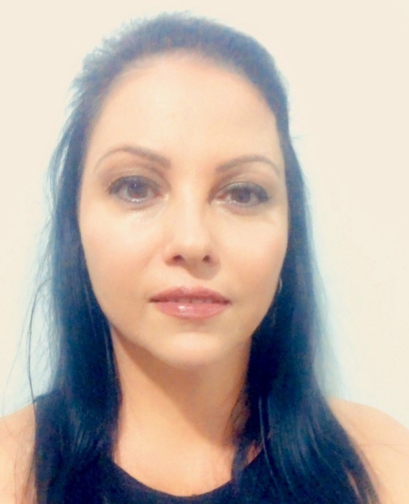
Dr. Bec Poulsen is a mum of one, a musician, entrepreneur and an Autistic Autism researcher and advocate with expertise in neuroscience, auditory processing, sensory systems, and neurodiversity. Currently a postdoctoral researcher at Macquarie University researching auditory, sensory processing, adaptation, and quality of life. They have been in Autism research for over a decade, completing their PhD in auditory neuroscience and their master’s in education and transitions. Bec has several published peer reviewed research papers in the field of Autism, auditory neuroscience, and Autism advocacy.
Bec is passionate about advocacy and coproduction in Autism research in Australasia and abroad. They are a Research Officer with Reframing Autism, co-chair of the Australian Autism Research Council and the International Society for Autism Research’s Autistic Research Committee. They also hold a position on the Australasian Society for Autism Research executive committee. Through their research and collaboration with others, Dr. Poulsen is committed to contributing to the Autism and auditory neuroscience fields while helping to promote greater acceptance and inclusion for neurodivergent people in academia and beyond.
From trauma to triumph – supporting Autistic sensory wellbeing and joy
Bec’s keynote presentation will take us through the world of sensory experience and how we can shift from sensory trauma to sensory joy.
After outlining what sensory processing is, and how it works in the brain and body, we will look at how sensory systems differ for Autistic children and adults and what sensory self-expression looks like for Autistic people; exploring what the research is telling us about sensory science, particularly with regards to Autism, and what evidence-based supports exist.
Finally, we will discuss how we can support an Autistic person’s sensory differences as well as how can Autistic people be empowered to navigate this sometimes-hostile sensory world.
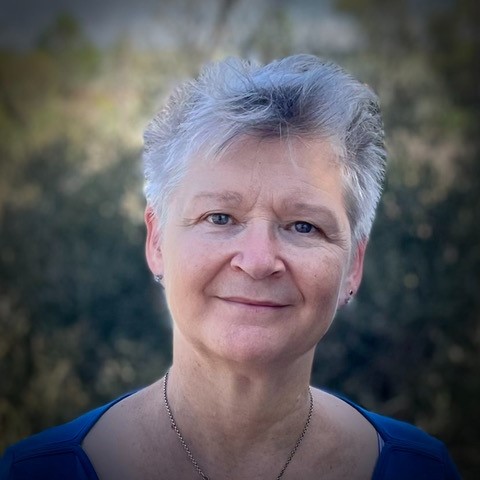
KJ Wiseheart (they/them) is a multiply-neurodivergent counsellor and narrative practitioner, with lived experience of Autistic burnout. They are committed to co-creating neurocosmopolitan conversations and communities, where all neurocognitive differences in experience, communication, and embodiment are appreciated and affirmed.
KJ is also a Certified Geek Therapist, Therapeutic Game Master, and game designer, who loves exploring therapeutic applications of tabletop role playing games.
KJ holds a Graduate Diploma of Counselling and Human Services from LaTrobe University, and a Master of Narrative Therapy and Community Work from Melbourne University.
Autistic Burnout: Resistance and Recovery
Workplace burnout is well researched, however, when we talk about Autistic Burnout, it’s a different matter. In online realms, we’ve been talking about it amongst ourselves, creating supportive communities of shared experience, blogging, and podcasting and posting on social media. There’s a world of Autistic creators and thinkers, creating resources and content for Autistic people. But outside of the Autistic community, you’re still likely to find a lot of people who don’t know anything about it at all.
This includes most mainstream health professionals, and a lot of other people we might rely on for help when we’re utterly depleted. They may give us advice or treatment that doesn’t meet our needs, they may not recognise or understand what we’re experiencing, and we may not have the ability at such times to explain it to them.
And it includes some of us late-identified folks too. Often burnout hits us before we’ve even come to understand ourselves as Autistic, so there’s often a whole other level of difficulty in working out what’s going on, identifying what we need, and finding ways to access supports that are helpful.
Recently, Autistic-led research teams have published some groundbreaking academic research articles about Autistic Burnout. I’ll share some research in this presentation, highlighting the skills and hard-won knowledge of lived-experience experts.
One common viewpoint I’ve heard consistently, from Autistic folks, is that the thing they’ve found most helpful in dealing with burnout is to connect with neurokin, to share our experiences and ideas, our same-stories, and our strategies for getting through the hard times. By standing in solidarity with one another like this, we can change lives. We can even save lives.
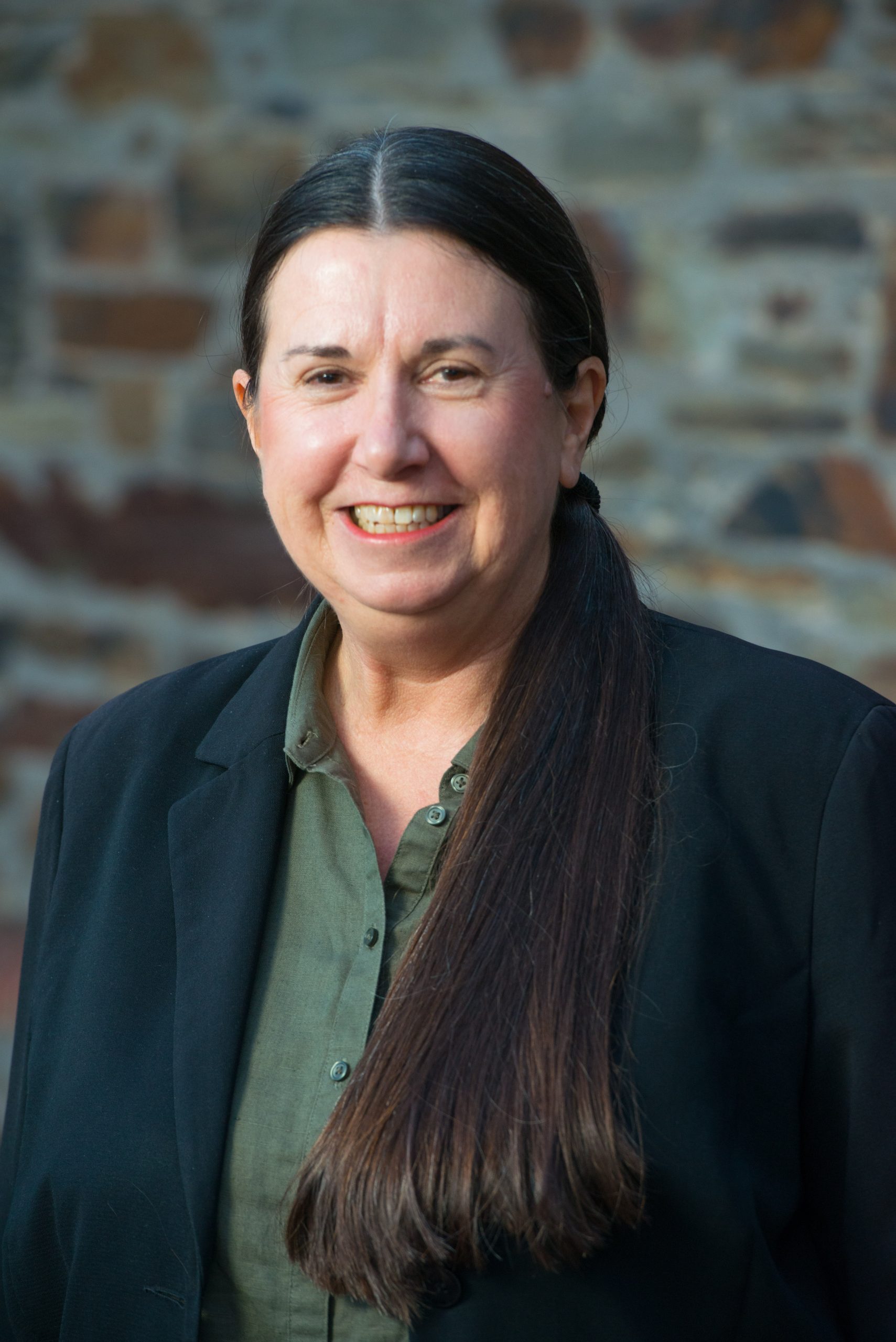
In the 1990s, Sharon Zivkovic was employed as a Case Manager with an employment service provider and as an Employment Development Officer with local government. Having spent over 16 years on welfare herself, Sharon brought many years of lived experience to these roles.
For the past 20 years, Sharon has been the Founder and CEO of the social enterprise Community Capacity Builders. As an Autistic social entrepreneur and systems thinker, Sharon has used her innate bottom-up and associative thinking skills, and systemising capabilities, to develop and commercialise a number of social innovations.
In 2016, Sharon received a Fresh Scientist Award for her innovative work in addressing wicked problems using complexity science, and in 2021 Sharon’s work in Applied Complexity (Social Entrepreneurship & Wicked Problems) was recognised on the Map of the Complexity Sciences. Community Capacity Builders has recently established a Centre for Autistic Social Entrepreneurship. The Centre’s activities include building the capacity of disability service providers, social enterprise support organisations, and business advisors to provide services to Autistic social entrepreneurs in a neurodiversity-affirming manner.
Sharon’s other roles include Adjunct Research Fellow at Torrens University Australia, and member of Emerald Publishing’s Impact Advisory Board.
Creating an Enabling Environment for Autistic Social Entrepreneurship
Interest in Autistic social entrepreneurship is increasing. In 2022 the Australian Senate Select Committee Inquiry on Autism highlighted the opportunity to support Autistic individuals to own and lead social enterprises as a way of addressing the high level of Autistic unemployment, and in 2024 the UK Review of Autism Employment recommended that information and support for Autistic people starting social enterprises be identified and promoted.
Sharon’s presentation will discuss why all Autistic owned and led businesses that take a neurodiversity affirming approach should be considered social enterprises, and will highlight the benefits, challenges, and barriers to Autistic social entrepreneurship.
Challenges will be discussed including the lack of recognition by the social enterprise sector and disability support services. Others include a lack of initiatives that support Autistic social entrepreneurs, the divergent approaches required and the lack of information sharing between these diverse actors. The presentation concludes by outlining two theories of change to address the identified challenges and barriers facing Autistic social entrepreneurship.
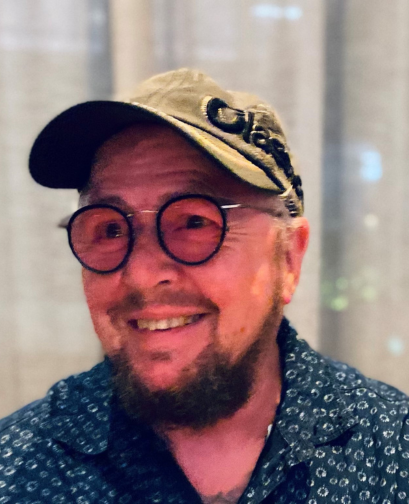
Dr. Wenn is passionate about Autism, mental health, all things LGBTQIA+ and building Autism understanding across the generations, professions, and the world. He is a well know author, speaker, and poet. Wenn is an Adjunct Associate Professor with Curtin University, WA, and member of CARG (Curtin University’s Autism Research Group). He has published as a Senior Researcher with Macquarie University, Sydney, NSW, Curtin University WA and The University of Queensland, Australia.
Wenn’s focus has been to highlight the need for co-production in a variety of neurodivergent research, to contribute to the call of the Autistic voice: ‘it must be nothing about me without me’ and to highlight the needs of those who are late in coming to a recognition of their Autism as well as the reality that adaptive morphing (masking) has had on mental health.
Autistic Olders’ & well-being across later years and gender diversities
We read about Autism in childhood and notice resources for children too. But Autism is reflected across the lifespan and across all cultures and genders. Wenn’s presentation aims to explain how Autism impacts us as older Autistics and what you might see, challenges and strengths, in older individuals. For example, we seem to be better at reading faces as we age but we might not be connecting well to our interoceptive selves or work well with concepts around object permanence.
Understanding these things, finding where we fit and appreciating what might help, is the core of this presentation.

The Reframing Autism team would like to acknowledge the Traditional Owners of the lands on which we have the privilege to learn, work, and grow. Whilst we gather on many different parts of this Country, the RA team walk on the land of the Amangu, Awabakal, Bindjareb, Birpai, Whadjak, Wiradjuri and Yugambeh peoples.
We are committed to honouring the rich culture of the Aboriginal and Torres Strait Islander peoples of this Country, and the diversity and learning opportunities with which they provide us. We extend our gratitude and respect to all Aboriginal and Torres Strait Islander peoples, and to all Elders past and present, for their wisdom, their resilience, and for helping this Country to heal.